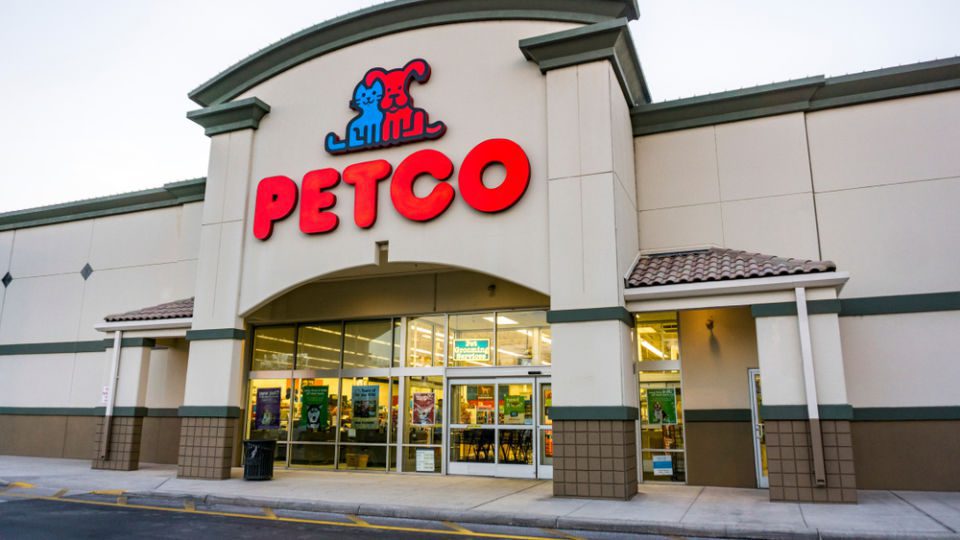Petco has committed to increasing its assortment of sustainable products to 50% by the end of 2025, reinforcing its pledge of corporate social responsibility. The initiative calls for an expanded inventory of pet products that align with at least one of the company’s sustainability pillars:
- Responsible manufacturing: Brands and products that keep the environmental impact in mind during production;
- Sustainably sourced materials: Items made with materials like organic cotton or recycled nylon;
- Sustainably sourced ingredients: Edible products made with ingredients that are more environmentally friendly or emit fewer greenhouse gases;
- Responsible packaging: Packaging designed to be refilled with the same type of product or that can be used multiple times; and
- Animal welfare: Items that ensure animals are treated humanely and meet Petco’s cruelty-free standard.
Petco also has launched a new sustainable shopping site and added in-aisle signage at the majority of its stores to help shoppers more easily identify sustainable pet products. The sustainable assortment effort complements the retailer’s other sustainability initiatives, which include upcycling 1.5 million plastic bottles into pet accessories through the “Started as a Bottle” program, and eliminating 3.2 million pieces of packaging waste across Petco’s owned-brand products in 2020.
“Improving the lives of pets and people means improving our impact on the planet too,” said Ron Coughlin, Chairman and CEO of Petco in a statement. “We know pet parents find it important for companies they do business with to carry more sustainable products and options. With this ambitious commitment as our first step, we embark on a journey aimed at not just meeting that expectation, but also raising the bar even higher.”
Petco isn’t the only retailer appealing to shoppers’ interest in sustainability and corporate responsibility. Other brands’ recently announced programs include:
- Lancôme: The retailer is aiming to reduce its environmental impact with formula and packaging innovations, implementing regenerative agricultural practices and developing partnerships with leading institutions to help preserve biodiversity;
- Ashley Furniture: In its first-ever sustainability report, the company reported that it will set a goal for energy reduction at its facilities by 2022 and create a plan to invest in a fleet of green vehicles by 2025;
- Nordstrom: By 2025, Nordstrom will reduce single-use plastic in its value chain by 50% and take back 100 tons of beauty packaging to ensure it’s recycled; and
- Bamboo Underwear: Sustainability is built into this retailer’s DNA — its bamboo-based fabrics use 33% less water to grow compared to cotton.













